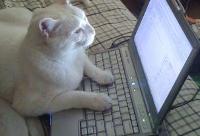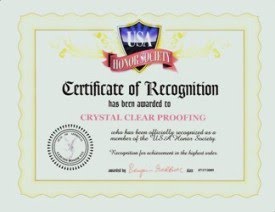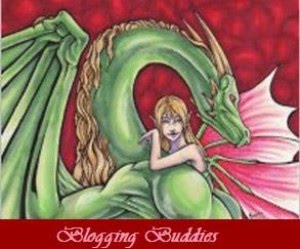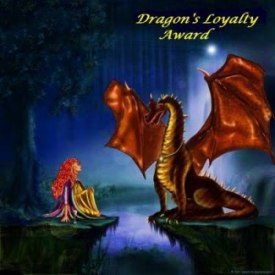These similar-looking words below have dissimilar meanings. Make sure you’re using the correct one in each pair.
1. Amused/bemused: To be amused is to be entertained; to be bemused is to be confused.
2. Appraise/apprise: To appraise is to evaluate; to apprise is to inform.
3. Ascribe/subscribe: To ascribe is to attach an idea to a source; to subscribe is to hold belief in an idea.
4. Attain/obtain: To attain is to reach; to obtain is to acquire.
5. Barter/haggle: To barter is to trade; to haggle is to negotiate.
6. Born/borne: To be born is to be brought forth; to be borne is to be carried along.
7. Borrow/loan: To borrow is to receive something for temporary use; to loan is to provide something on those terms.
8. Careen/career: To careen is to lean over to one side or to sway; to career is to hurry carelessly—not to be confused with the alternate meaning of a chosen pursuit, a profession or occupation. (Additionally, to 'carom' is to ricochet.)
9. Censor/censure: To censor is to ban; to censure is to reprimand.
10. Criticize/critique: To criticize is to judge harshly or in a negative manner; to critique is to evaluate.
11. Denigrate/deprecate: To denigrate is to defame or belittle; to deprecate is to disapprove or de-emphasize (but can also, like denigrate, mean to disparage).
12. Differ/vary: To differ is to disagree or to be distinct from; to vary is to change (although differ can also refer to 'variation').
13. Espouse/expound: To espouse is to support; to expound means to state, explain, or defend (which is also distinct from the phrase “expand on,” which means to provide additional or digressive details).
14. Rebut/refute: To rebut is to argue in response to another argument; to refute is to deny an argument.
15. Wangle/wrangle: To wangle is to obtain by underhanded means; to wrangle is to wrestle.
Source: Daily Writing Tips
Tuesday, November 15, 2011
Wednesday, November 2, 2011
The Apostrophe with Numbers, Letters and Abbreviations
Rule: The plurals for capital letters and numbers used as nouns are not formed with apostrophes.
Example: She consulted with three M.D.s.
BUT
Example: She went to three M.D.s’ offices.
The apostrophe is needed here to show plural possessive.
Example: She learned her ABCs.
Example: the 1990s
NOT
the 1990’s
Example: the ’90s or the mid-’70s
NOT
the ’90’s or the mid-’70’s
Example: She learned her times tables for 6s and 7s.
Exception: Use apostrophes with capital letters and numbers when the meaning would be unclear otherwise.
Example: Please dot your I’s.
You don’t mean Is.
Example: Ted could not distinguish between his 6’s and 0’s.
You don’t mean Os.
Source: Grammarbook
Subscribe to:
Posts (Atom)





















































